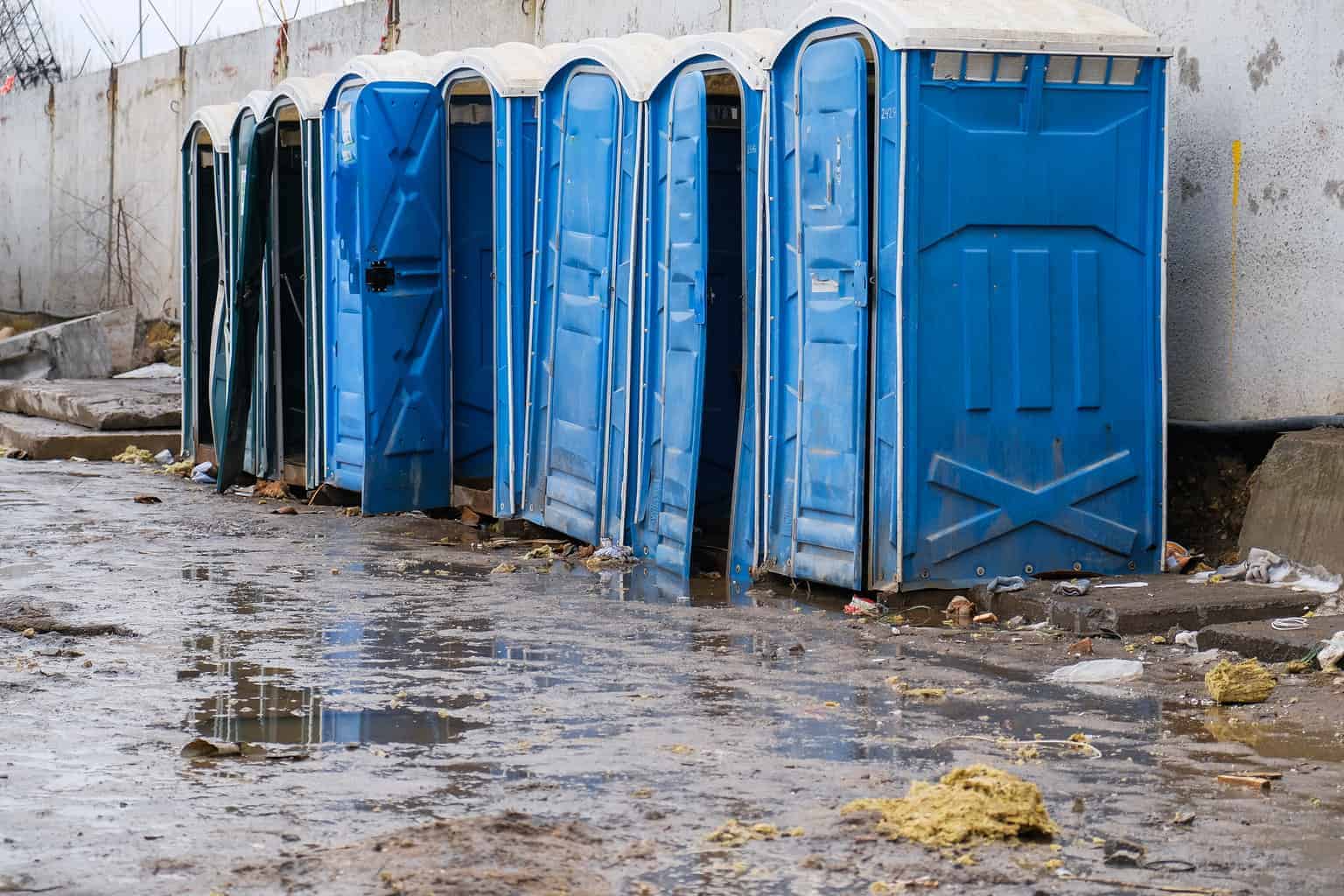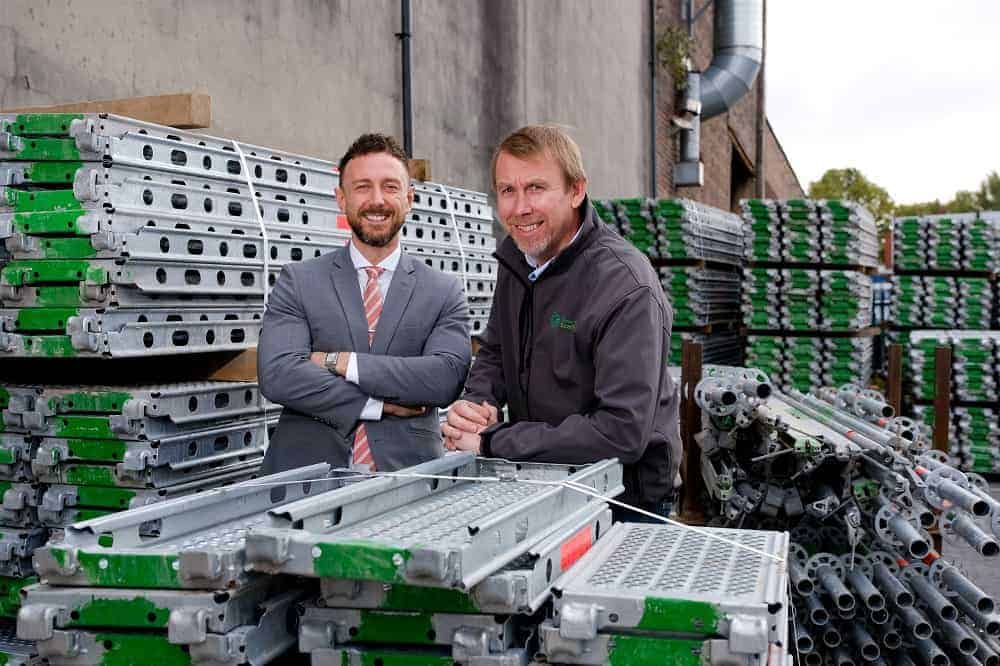Workers union ‘UNITE’ are demanding employers ensure their staff have toilet dignity in the workplace. It may seem a basic right to many, but thousands of workers from a range of industries are still not being provided with decent toilet facilities or provision in the 21st century. Adding to this is the fact employer restrictions are also making life a misery for people working long shifts.
Horrific Examples
Incredibly the worst examples include bank workers required to urinate in a bucket, no female toilets being provided on construction sites and bus drivers not being allowed a break for more than five hours at a time. In some cases, women on their period are being denied access to facilities. With this in mind back in September, the union launched a period dignity campaign, now being extended to sectors such as construction and passenger transport where there are additional challenges. Lorry drivers, warehouse staff and agricultural workers are all being affected.
One bank worker with serious health issues was informed their toilet was in a nearby shop which they were unable to reach in time. A female construction worker reported the women’s toilets were locked on her construction site and she had to ask male colleagues for the key, only to discover it was being used for storage. Another employee was told toilet breaks do not meet company “efficiencies” and were referred to occupational health. They were then informed toilet breaks should be taken during allotted lunch breaks. Fuel tank drivers who have to remain within sight of their vehicles at all times, are forced to urinate in bushes as no toilets are provided where they make deliveries. On many construction sites there are no female toilets – just unisex ones usually left in a disgusting condition.
Serious Health Implications
As was highlighted on the BBC’s Jeremy Vine Show, having to continually hold on to use a toilet has wide-ranging health implications including urinary tract infections, damage to the bladder and the bowel together with a build-up of toxins in the body.
The Law
The fact is, employers have a clear duty to provide decent toilets and washing facilities as part of the Welfare (Health, Safety and Welfare) Regulations 1992, with separate regulations applying to the construction industry. The Health and Safety Executive (HSE) administers these regulations, and while it has the power to take legal action this rarely occurs.
Union Reaction
“It is simply disgraceful in 2018 tens of thousands of UK workers are denied toilet dignity at work”, said Unite assistant general secretary Gail Cartmail. “The examples that Unite has revealed are simply staggering and it is clearly deeply humiliating for the workers who are being denied toilet dignity.
“Employers have got absolutely no excuse for ensuring toilet dignity and if they fail to do so they should be prosecuted by the HSE.
“Unite will not be passive on this issue, if workers are denied toilet dignity we will name and shame the guilty parties.”
World Toilet Day
World Toilet Day is about providing clean toilets in the developing world, UNITE believes however, a spotlight needs to be shone on the problems experienced by many UK workers on a daily basis.




